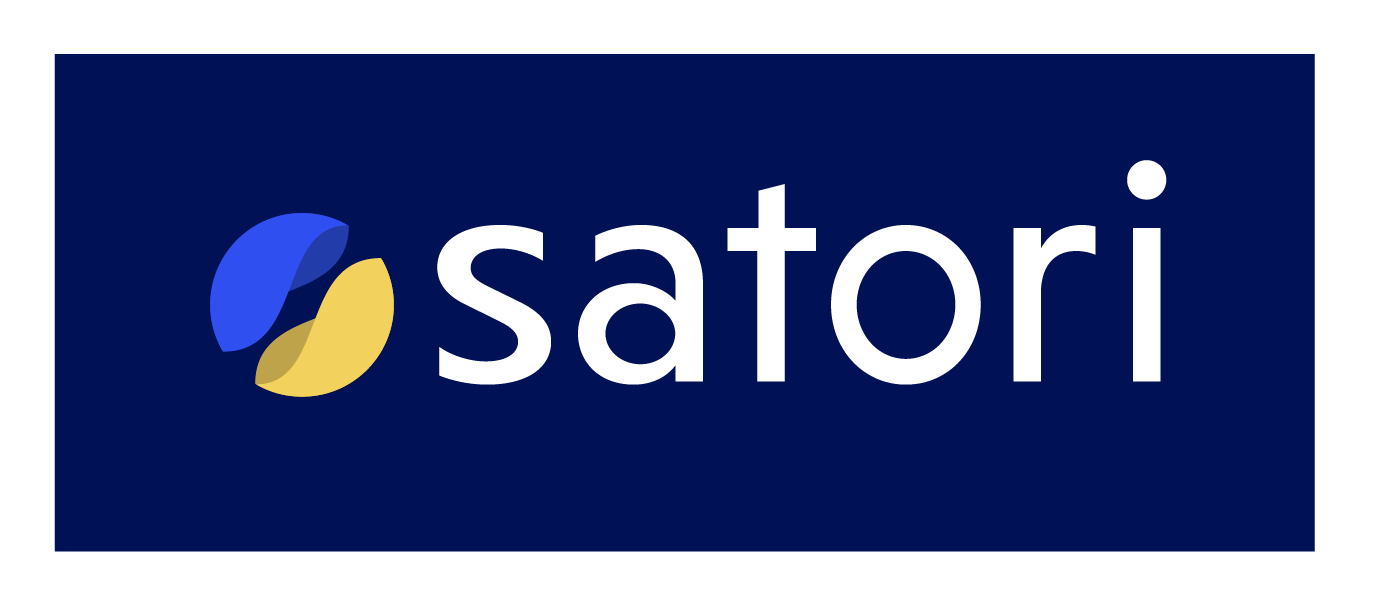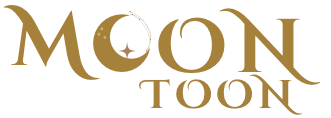Identifying Immuta Competitors: Which Data Governance Tools Stand Out?

In an age where data is often referred to as the new oil, organizations are increasingly investing in data governance tools to manage their data effectively. Immuta has emerged as a leader in the field of data governance, especially in areas related to data access control, compliance, and privacy management. However, Immuta is not alone in this competitive landscape. Many other platforms offer robust data governance solutions tailored to meet diverse organizational needs. This article explores the leading immuta competitors to Immuta and highlights the unique features and strengths of each, helping organizations navigate their choices in the data governance arena.
Understanding Data Governance
Before we dive into the competitors, it’s essential to define what data governance encompasses. Data governance refers to the overall management of data availability, usability, integrity, and security within an organization. Key components of data governance include:
- Data Quality: Ensuring that data is accurate, consistent, and reliable.
- Data Security: Protecting sensitive data from unauthorized access and breaches.
- Data Stewardship: Designating roles and responsibilities for managing data assets.
- Compliance: Adhering to legal and regulatory requirements related to data usage.
An effective data governance strategy empowers organizations to leverage data as a strategic asset while minimizing risks associated with data mishandling.
Overview of Immuta
Immuta is a cloud-native data governance platform known for its automated policy enforcement and comprehensive compliance features. Its primary offerings include:
- Dynamic Data Access Control: Immuta automates data access controls based on user attributes, data sensitivity, and context, ensuring that users access only the data they are authorized to view.
- Automated Compliance Reporting: The platform helps organizations stay compliant with regulations such as GDPR, HIPAA, and CCPA by automating compliance workflows and generating audit-ready reports.
- Data Lineage: Immuta provides detailed data lineage capabilities, allowing organizations to trace the flow of data and understand how data has been transformed and used.
- Seamless Integration: The platform integrates with various data sources, including cloud storage solutions, databases, and analytics tools.
While Immuta offers significant benefits, organizations must consider other data governance tools that may better suit their specific requirements.
Leading Competitors to Immuta
Collibra
Overview: Collibra is a comprehensive data governance platform that emphasizes data cataloging, collaboration, and compliance. It helps organizations manage their data assets effectively while fostering a culture of data literacy.
Key Features:
- Data Catalog: Collibra’s data catalog allows users to discover, understand, and trust their data assets.
- Policy Management: The platform enables organizations to define and manage data governance policies and workflows.
- Collaboration Tools: Collibra fosters collaboration across teams, enabling data stewards, analysts, and business users to work together more effectively.
Strengths:
- User-Friendly Interface: Collibra is recognized for its intuitive design, making it accessible to non-technical users.
- Strong Community Support: The platform has a robust user community that shares best practices and resources, enhancing the overall user experience.
Weaknesses:
- Cost: Collibra’s pricing can be high, particularly for smaller organizations or those with limited budgets.
- Implementation Complexity: Some users report challenges during implementation due to the platform’s extensive features and capabilities.
Alation
Overview: Alation focuses on collaborative data governance and data cataloging, aiming to improve data accessibility and understanding across organizations.
Key Features:
- Data Cataloging: Alation provides a powerful data catalog that simplifies data discovery and enhances data literacy within organizations.
- User Engagement: The platform encourages user contributions, enabling a collaborative approach to data governance and documentation.
- Automated Lineage: Alation tracks data lineage to help organizations understand the flow and transformations of their data.
Strengths:
- Robust Search Functionality: Alation’s search capabilities make it easy for users to locate relevant data assets quickly.
- Collaboration Focus: The platform promotes teamwork and engagement, empowering users across departments to contribute to data governance efforts.
Weaknesses:
- Limited Advanced Governance Features: Alation may not provide the same level of automation for compliance and access control as Immuta.
- Pricing Structure: Alation’s pricing can be high, which may deter smaller organizations from adopting the platform.
Talend
Overview: Talend is a comprehensive data integration and management solution that emphasizes data quality, governance, and integration capabilities.
Key Features:
- Data Integration: Talend offers robust tools for integrating data from various sources, including cloud and on-premises solutions.
- Data Quality Management: The platform includes features for monitoring and improving data quality, ensuring that organizations have reliable data.
- Governance Solutions: Talend provides tools for data lineage, cataloging, and compliance management.
Strengths:
- Strong Integration Capabilities: Talend excels in data integration, making it a preferred choice for organizations with diverse data environments.
- Open-Source Options: The availability of open-source tools allows for customization and flexibility in implementation.
Weaknesses:
- Complexity: The extensive features of Talend can be overwhelming for organizations with straightforward governance needs.
- Steeper Learning Curve: New users may face a learning curve due to the platform’s complexity and breadth of functionality.
Microsoft Azure Purview
Overview: Microsoft Azure Purview is a unified data governance service that helps organizations discover, classify, and manage their data across various environments, particularly within the Azure ecosystem.
Key Features:
- Automated Data Discovery: Purview automatically scans data sources to classify and catalog data assets, simplifying data management.
- Data Lineage: The platform provides comprehensive lineage capabilities, allowing organizations to track data movement and transformations.
- Integration with Microsoft Services: Azure Purview integrates seamlessly with other Microsoft services, enhancing data governance and management capabilities.
Strengths:
- Cost-Effective for Azure Users: Organizations already using Azure may find Purview to be a cost-effective solution that fits within their existing infrastructure.
- Robust Compliance Features: The platform offers features that assist organizations in maintaining compliance with various regulations.
Weaknesses:
- Limited Non-Azure Integration: Organizations that utilize data sources outside of Azure may encounter integration challenges.
- Learning Curve: New users may experience a learning curve due to the breadth of features and capabilities.
Informatica
Overview: Informatica is a leader in cloud data management, offering a comprehensive suite of tools for data integration, governance, and quality assurance.
Key Features:
- Data Integration and Quality: Informatica provides tools for integrating data from various sources while ensuring data quality and integrity.
- Data Governance Solutions: The platform includes features for lineage, cataloging, and stewardship, helping organizations manage their data effectively.
- Cloud and On-Premises Flexibility: Informatica can be deployed both in the cloud and on-premises, providing organizations with deployment flexibility.
Strengths:
- Comprehensive Feature Set: Informatica’s extensive features make it suitable for organizations with complex data management needs.
- Strong Reputation: The platform has built a reputation for reliability and performance in data management and governance.
Weaknesses:
- Cost: Informatica’s solutions can be expensive, making them less accessible for smaller organizations or those with limited budgets.
- Implementation Complexity: Implementing Informatica’s solutions may require significant resources and expertise, which can pose challenges for organizations without dedicated IT teams.
Comparing Immuta with Competitors
Dynamic Policy Enforcement vs. Collaborative Tools
One of Immuta’s standout features is its dynamic policy enforcement, which automates data access control based on user attributes and data sensitivity. This level of automation is particularly beneficial for organizations needing to adhere to strict compliance requirements. In contrast, competitors like Collibra and Alation emphasize collaboration and user engagement, making them suitable for organizations that prioritize teamwork and data literacy.
Compliance Automation vs. Data Cataloging
Immuta excels in automating compliance processes, enabling organizations to maintain regulatory compliance with minimal manual intervention. While competitors like Talend and Informatica also offer compliance features, they may not provide the same level of automation as Immuta. Conversely, Collibra and Alation focus more on data cataloging and fostering collaboration, which can be advantageous for organizations looking to enhance data understanding and accessibility.
Integration Capabilities and Ecosystem Fit
Integration capabilities are critical for organizations operating in diverse data environments. Talend is recognized for its robust data integration features, while Microsoft Azure Purview integrates seamlessly with Azure services, making it a preferred choice for organizations already invested in the Microsoft ecosystem. Immuta, with its flexible integration options, caters to organizations with varying data sources, providing versatility in implementation.
Cost Considerations
Pricing structures vary significantly among competitors. Some platforms, like Talend, offer open-source options, which can reduce costs for organizations. In contrast, solutions like Collibra and Informatica may not be suitable for smaller organizations due to their higher pricing. Immuta’s subscription-based model provides clarity but can vary based on specific organizational needs and user counts.
Steps to Choosing the Right Data Governance Tool
Selecting the appropriate data governance tool requires a careful evaluation of your organization’s needs, resources, and objectives. Here are some steps to guide your decision-making process:
Define Your Data Governance Needs
Identify your organization’s specific data governance requirements, including compliance needs, data sensitivity levels, and user access requirements. Understanding these factors will help narrow down your options.
Evaluate Collaboration Needs
Assess the importance of collaboration and user engagement within your organization. If fostering teamwork and enhancing data literacy are priorities, platforms like Collibra and Alation may be more suitable.
Consider Compliance Automation
If your organization faces stringent compliance requirements, prioritize tools like Immuta that offer robust automation features. Assess how each platform’s compliance capabilities align with your regulatory obligations.
Review Integration Capabilities
Evaluate your existing data infrastructure and identify the integration needs. Ensure that the selected platform can seamlessly connect with your current data sources and systems.
Compare Pricing and ROI
Analyze the pricing models of each platform, considering both upfront costs and long-term value. Look for platforms that align with your budget while providing the features necessary to achieve your data governance goals.
Test and Evaluate
Take advantage of demos or trials offered by vendors to explore their platforms hands-on. This will help you assess user experience, features, and overall functionality before making a commitment.
Conclusion
As data governance becomes increasingly critical for organizations, evaluating the competitive landscape is essential for making informed decisions. While Immuta excels in dynamic policy enforcement, automated compliance, and integration flexibility, its competitors—Collibra, Alation, Talend, Microsoft Azure Purview, and Informatica—offer valuable features that may cater to specific organizational requirements.
By understanding the strengths and weaknesses of each platform and following a structured decision-making process, organizations can identify the data governance solution that best fits their needs, enhances data management, and supports overall data strategy. Ultimately, choosing the right tool can empower organizations to harness the power of their data while ensuring compliance and security in an ever-evolving data landscape.




